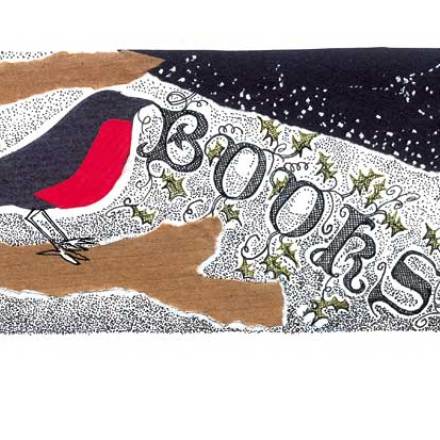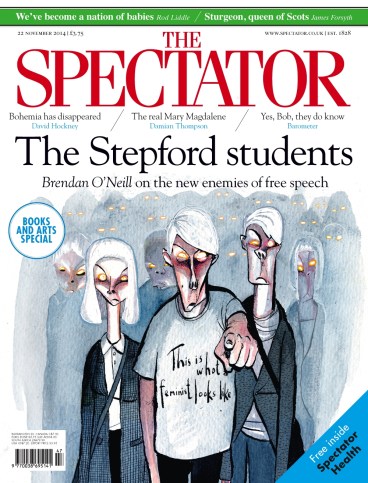Matthew Parris on Owen Jones, Alan Johnson on hawks, David Crane on Noah’s Flood: Spectator books of the year
Jane Ridley 2014 has been the year of 1914. In the same way that Christmas puddings appear in supermarkets in October, many of the contestants in the publishing race for 2014 defied starter’s orders and came out pre-maturely in 2013. What has been striking about the bumper crop of first world war books is the

















